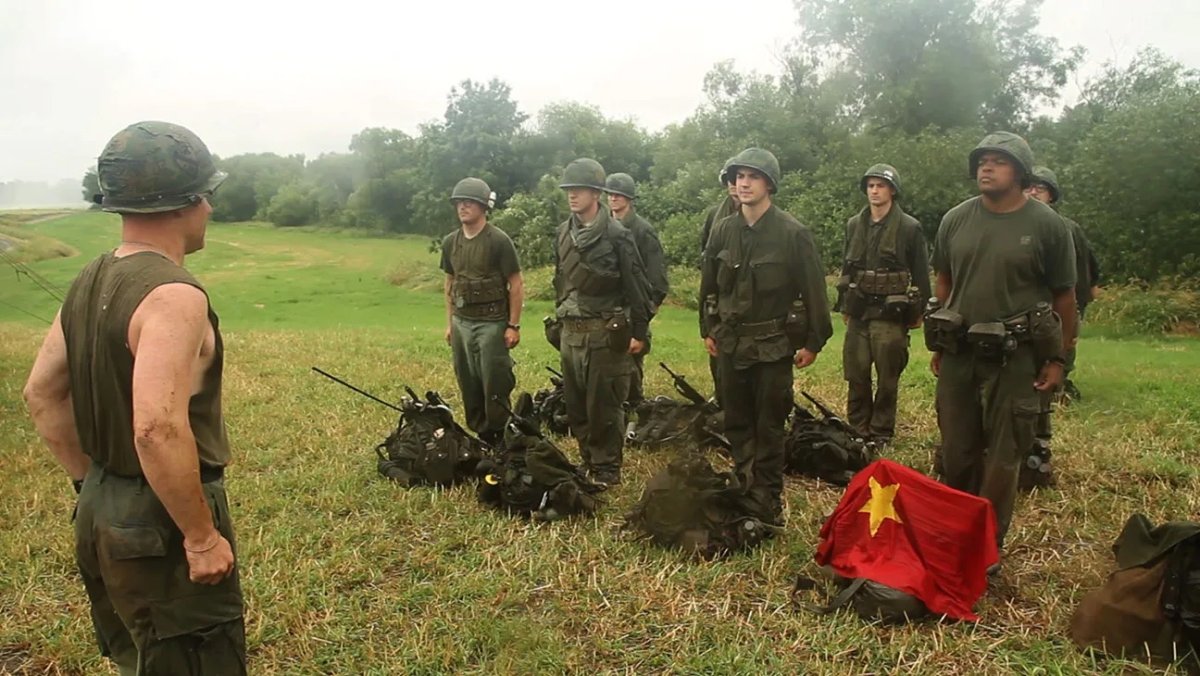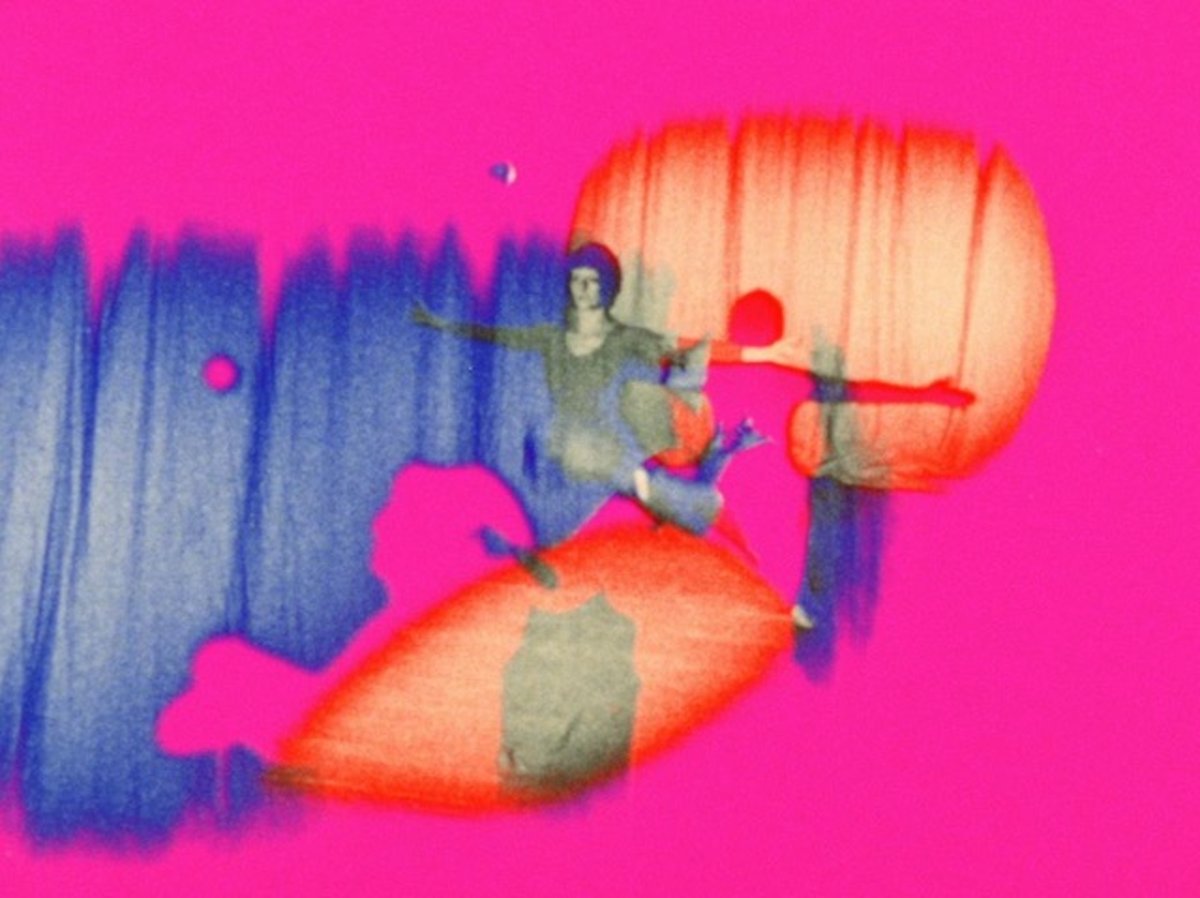Seeing Things: A Conversation with Kartik Nair
Directed by two members of family of filmmakers known as the Ramsay Brothers, pioneers of Indian horror cinema, the 1988 film Veerana (Shyam Ramsay and Tulsi Ramsay) centers on the figure of the chudail, or witch, as she haunts the surroundings of a mansion. She seduces men while in womanly form, only to later reveal her horrific nature.









